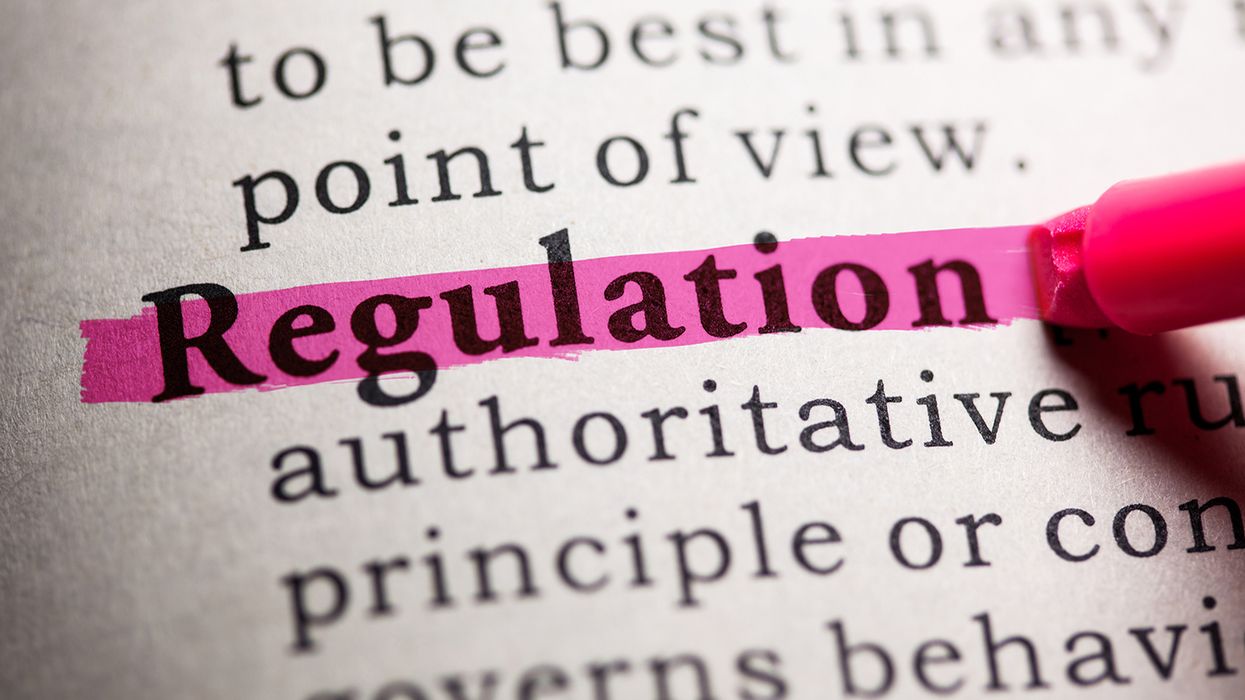NLRB ruling has employers scrambling to review policies
Following a recent ruling by the National Labor Relations Board (NLRB), U.S. employers are compelled to take a serious look at company policies.
The board’s August 2 decision in Stericycle Inc. adopted a new employee-friendly standard for determining the legality of work rules, such as using company equipment for personal communication.
The board’s ruling presumes an employment policy to be unlawful if the policy could be reasonably interpreted to chill employee rights under the National Labor Relations Act (NLRA).
What is concerted activity?
The NLRA protects workers’ rights to participate in concerted activity. According to the NLRB, concerted activity includes:
- Talking with one or more coworkers about wages, benefits, and other working conditions,
- Circulating a petition asking for better hours,
- Participating in a concerted refusal to work in unsafe conditions,
- Talking openly about pay and benefits, and
- Joining with coworkers to talk directly to the employer, an agency, or the media about problems in the workplace.
The board clarified in the recent ruling that, going forward, it will look at policies from the perspective of an employee who is:
- Subject to the policy,
- Economically dependent on the employer, and
- Thinking about engaging in protected concerted activity.
Employer intention is irrelevant
Under this new NLRB standard, workplace policies that may have been written with no intended connection to labor law could be found unlawful, because intent is no longer a consideration.
A social media policy, for example, may have been written with the intention of protecting a company’s reputation online. But if an employee believes that policy is stifling concerted activity, the policy may be seen as a NLRA violation.
What should employers do?
Examples of company policies that should be reviewed and possibly rewritten to align with the new NLRB standard, include those that:
- Restrict employees' use of social media.
- Restrict criticism, negative comments, and disparagement of the company's management, products, or services.
- Promote civility.
- Prohibit insubordination.
- Require confidentiality of investigations and complaints.
- Restrict behaviors such as using cameras or recording devices in the workplace.
- Outline rules for safety complaints.
- Restrict the use of company communication resources, such as email or Slack.
- Limit the recording of meetings or the use of smartphones or other devices.
- Restrict meetings with coworkers or the circulation of petitions.
- Limit comments to the media or government agencies.
When looking at a policy, the NLRB advises that interpretation of that policy must be made from the viewpoint of a lay employee. An employer can only rebut the presumption that it inhibits concerted activity if they can prove that the policy advances a legitimate, substantial business interest and that the employer cannot advance that interest with a narrower rule.
The new standard applies to all companies covered by the NLRA, which equates to most U.S. employers.
Key to remember: An employee-friendly ruling from the National Labor Relations Board puts the legality of workplace policies in question.
| More HR News: Proposed PWFA regulations provide employers with more details on new law |




















































